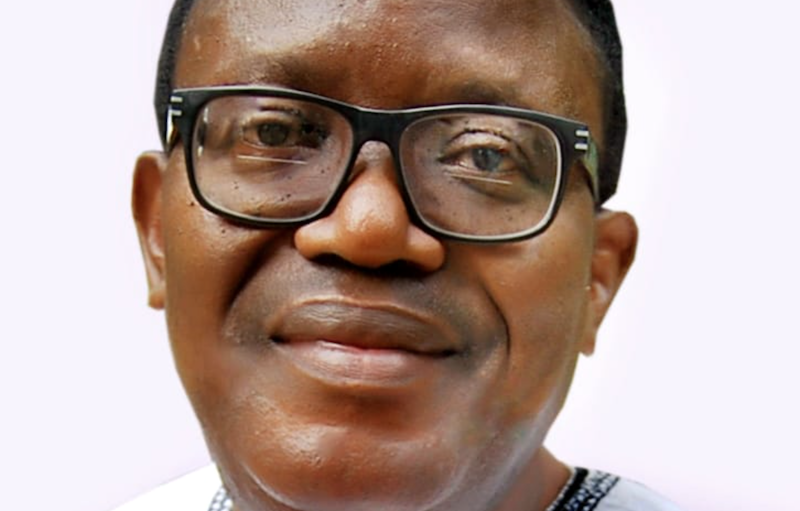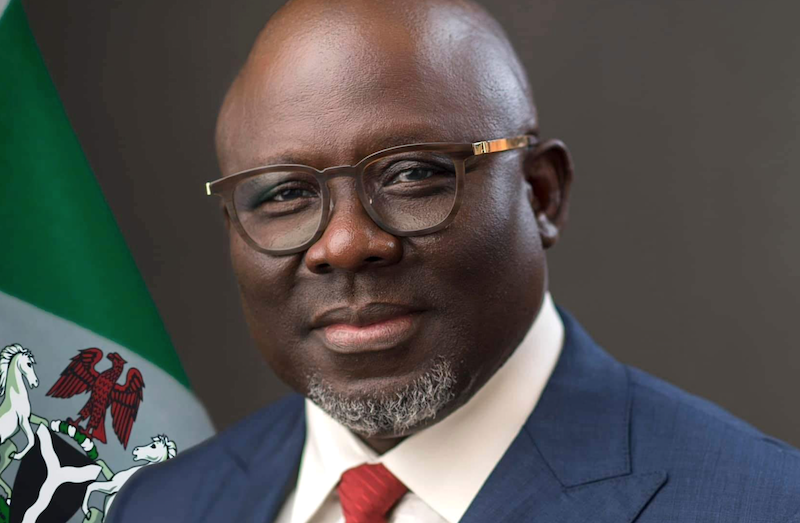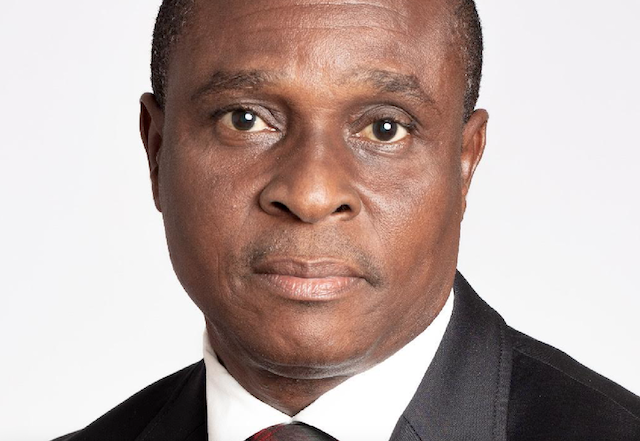THE visit of Russian President Vladimir Putin to North Korea and the United States yelling against it have diverted world attention this week. It has drawn attention from the immediate needs and steps to save Palestinian lives, especially those of babies and children.
How does Putin visiting his North Korean ally, Kim Jong Un, constitute a threat to world peace? US Defence Spokesperson, Pat Ryder, wailed that the visit has implications for peace in the Korean Peninsula and the war in Ukraine without substantiating such claims.
White House spokesperson, Karine Jean-Pierre, lamented that North Korea supplies weapons to Russia in the war in Ukraine, implying that the visit may lead to more supplies. So what? Don’t the US and its allies supply weapons to Ukraine?
There are tons of analysis that the visit may strengthen the trilateral relations amongst Russia, North Korea and China. So? Does the US not strengthen its own trilateral relations with South Korea and Japan?
Closely followed are the reports of Hezbollah threatening retaliation against Israeli bombings of Lebanese villages. The tit-for-tat attacks by both sides have been on for years. Maybe the only two pieces of news are the Hezbollah leader, Hassan Nasrallah, revealing: “We now have new weapons. But I won’t say what they are…When the decision is made, they will be seen on the front lines.”
The other news was Nasrallah declaring that if war were to break out, Hezbollah would also attack countries like Cyprus which are allegedly aiding the Israeli military.
The attention of the world should focus on the United Nations, UN, which has taken two potentially live-saving actions on the needless deaths in the Middle East. The first is the release of the Report of its Commission of Inquiry on the Occupied Palestinian Territory, including East Jerusalem, and in Israel.
It concluded that the Hamas attacks against Israel from October 7-8, 2023 had elements of war crimes. These included deliberate attacks on civilians, wilful killing and employment of inhuman or cruel treatment against the victims.
The UN body pointedly confirmed the allegations of on-going Israeli genocide in the Palestine. These had been brought before the International Court of Justice by South Africa on December 29, 2023. Also, the International Criminal Court, ICC, Chief Prosecutor seeks arrest warrants for Hamas and Israeli leaders, including Prime Minister Benjamin Netanyahu, for war crimes.
Due to direct Israeli military actions, the UN has lost 190 of its staff, 108 journalists are dead, 493 doctors, nurses and other health workers have been murdered and over 13, 800 children sent to untimely graves.
It was therefore not surprising that the UN Report conclusively found that Israel is responsible for war crimes and crimes against humanity. It reported that Israel violated international humanitarian and human rights laws, and weaponised the provision of life-sustaining necessities for political gains. These, it reported, include denial of food, water, fuel and electricity to the Palestinian populace as a means of collective punishment.
Israeli soldiers were also found to have carried out sexual and gender-based violence as weapons to dehumanise the Palestinians.
The second major action taken by the UN was by its Security Council which voted 14-0 for ceasefire in Gaza. Tragically, the resolution is not designed to take immediate effect, an action that might save more lives. Rather, it is in three phases. The first are negotiations, freedom for Israeli captives and release of Palestinian prisoners. This is to take place within six weeks. It states that within those weeks: “An immediate, full and complete ceasefire would come into force.” Also, Palestinian civilians would be allowed to return to their homes across Gaza.
Apart from humanitarian aid for Palestinian civilians, it is also envisaged that Israel would withdraw its forces from the “populated areas” of Gaza. The issue here is which areas of Gaza, a territory laid desolate, qualifies as “populated”?
It is envisaged that the ceasefire would continue if the negotiations exceed the six-week period.
The second phase calls for a permanent end to hostilities, the release of any remaining captives and the complete withdrawal of Israel from Gaza.
The third phase envisages Gaza’s reconstruction and the return of the remains of any deceased captives that might still be in Gaza.
The resolution rejects any loss of territorial land space, “including any actions that reduce the territory” of Palestine.
China said the draft was “ambiguous” but voted for the resolution in the face of mounting deaths in Gaza. Japan which had voted for the resolution, added: “The catastrophic humanitarian situation is indescribable.”
To Algerian Ambassador Amar Bendjama: “This text is not perfect, but it offers a glimmer of hope to the Palestinians as the alternative is continued killing and suffering.”
Russia, which has a veto, abstained. Its ambassador to the UN, Vasily Nebenzya, said it did so because the exact terms Israel was supposed to have agreed to, were not explicitly stated. He added that: “The Council should not agree to any agreement that has vague parameters…what specifically has Israel agreed to?”
President Joe Biden who had guaranteed Israel’s acceptance of the peace deal said the resolution was “not just a ceasefire that would inevitably be fragile and temporary” but also one that would provide a “durable end to the war”.
US Ambassador to the UN, Linda Thomas-Greenfield, claimed that if Hamas agrees to the resolution, fighting could stop immediately. She said Hamas should realise that the international community is “united behind a deal that will save lives and help Palestinian civilians in Gaza start to rebuild and heal. United behind a deal that will reunite hostages with their families after eight months in captivity.”
Hamas immediately accepted the resolution. Its official, Sami Abu Zuhri, added: “The US administration is facing a real test to carry out its commitments in compelling the occupation to immediately end the war in an implementation of the UN Security Council resolution.”
Although the resolution claimed Israel had accepted it hours after it was passed, Israel carried out deadly attacks across the Gaza. Its Representative to the UN, Reut Shapir Ben-Naftaly, said there would be no end to the war unless Hamas capability to fight is destroyed. Israel’s objectives, she added, are clear: “To bring all our hostages back home and to dismantle Hamas’ capabilities…and ensure that Gaza does not pose a threat to Israel in the future.” Ben-Naftaly added: “As we have echoed several times in this very chamber, once these goals are met, the war will end.”
The UN’s resolution sidesteps its 1967 Resolution 242 of November 22, 1967, which provides a permanent solution for the Israeli-Palestine crises. Its body language is that half peace is better than no peace. But even this resolution may not be implemented.




